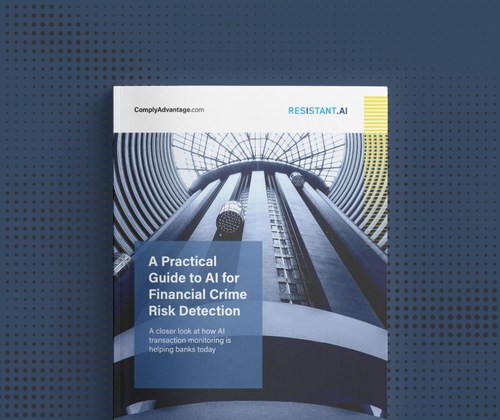This holiday season, Iowans will gather with loved ones making it a great time for discussions about financial fraud to help prevent those you care about from becoming victims. The Iowa Insurance Division’s Iowa Fraud Fighters program focuses on fraud against elder Iowans, but younger Iowans are also falling victim to scams at a higher rate than ever before. Fraud prevention firm SEON analyzed data collected in 2020 by the FBI’s Internet Crime Complaint Center (IC3) and found fraud complaints from consumers under the age of 20 had the largest increase in 2019 and 2020. Victims under 20 had collective losses of approximately $3,000 per person. The report also found that the older the victim, the more money they lost. This finding may be due to older Americans having more assets than our younger consumers. Fraudsters do not discriminate when it comes to age.
Consumers of all ages should know these tips to prevent being scammed:
Don’t answer unknown phone calls, and be wary of any unsolicited offers.
Be skeptical. Don’t rely on caller identification, believe official-sounding titles, or company logos.
Organizations such as the IRS, Social Security, and Medicare will not ask you for information they already have.
Never give out your personal or financial information.
Gift cards are for giving. No legitimate business or government agency will ask for payment in gift cards.
Resist the urge to act secretly, quickly, or based on emotion.
Review your monthly bank, credit card, and Medicare statements.
Don’t click on links in emails or text messages, go directly to the sender’s website.
Computer pop-up warnings regarding security or repair issues may be a scam. Do not click on them.
Double-check to make sure both the person selling the insurance or investment product and the product itself is properly licensed or registered by calling the Iowa Insurance Division at 877-955-1212.
Have a trusted contact on all investment accounts.
What can you do if you suspect fraud:
If a bank account or credit card is involved, notify the fraud department right away. Don’t engage or pay the scammer any money or provide them…




